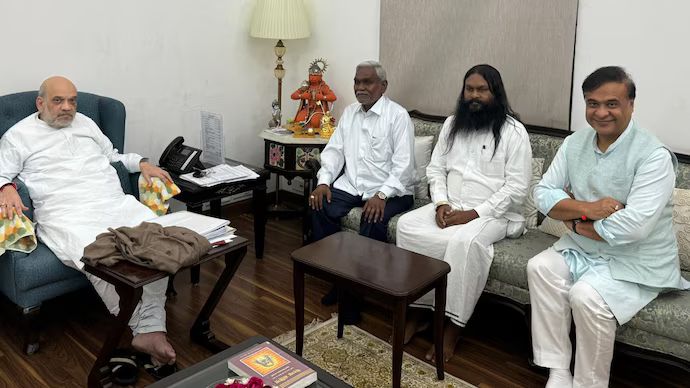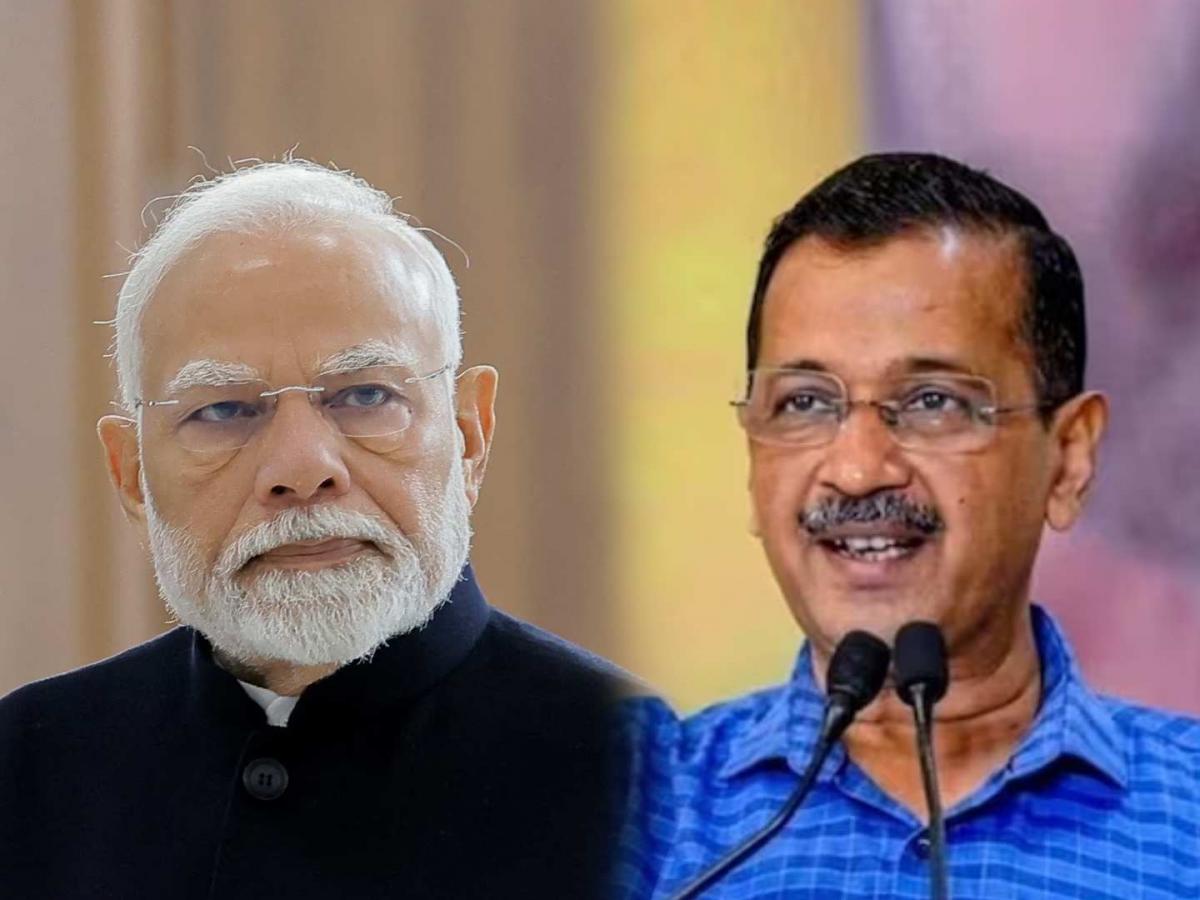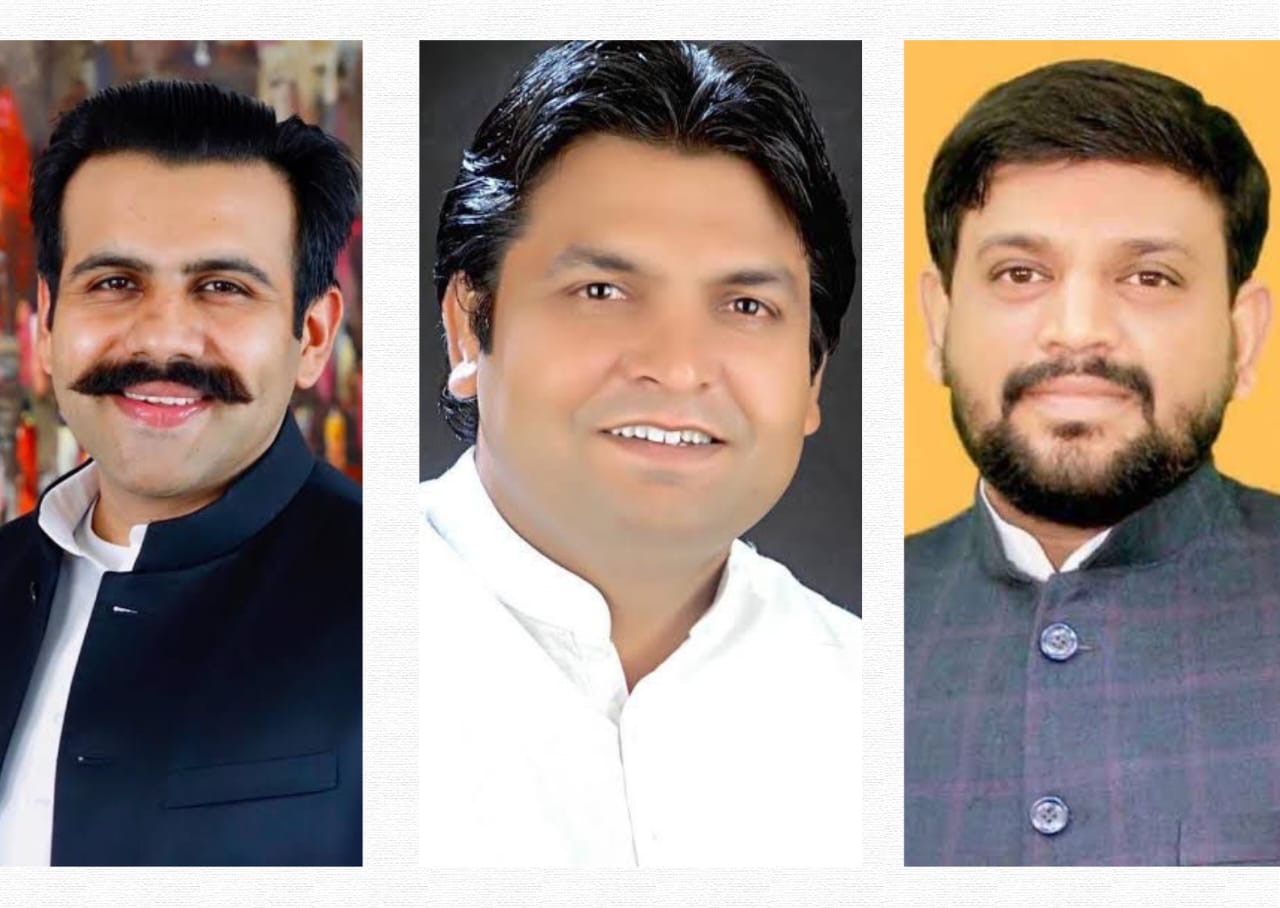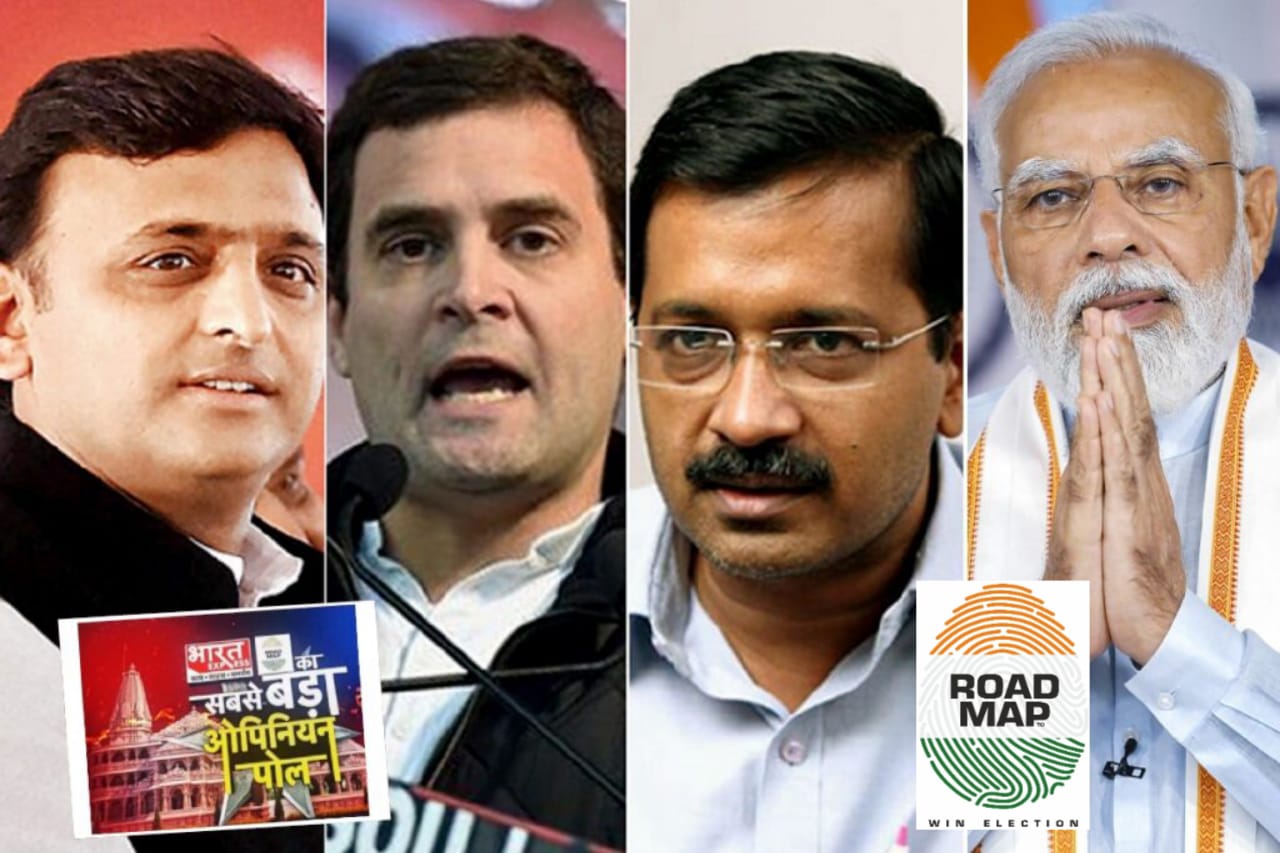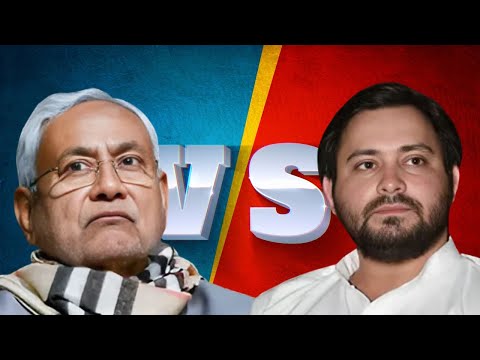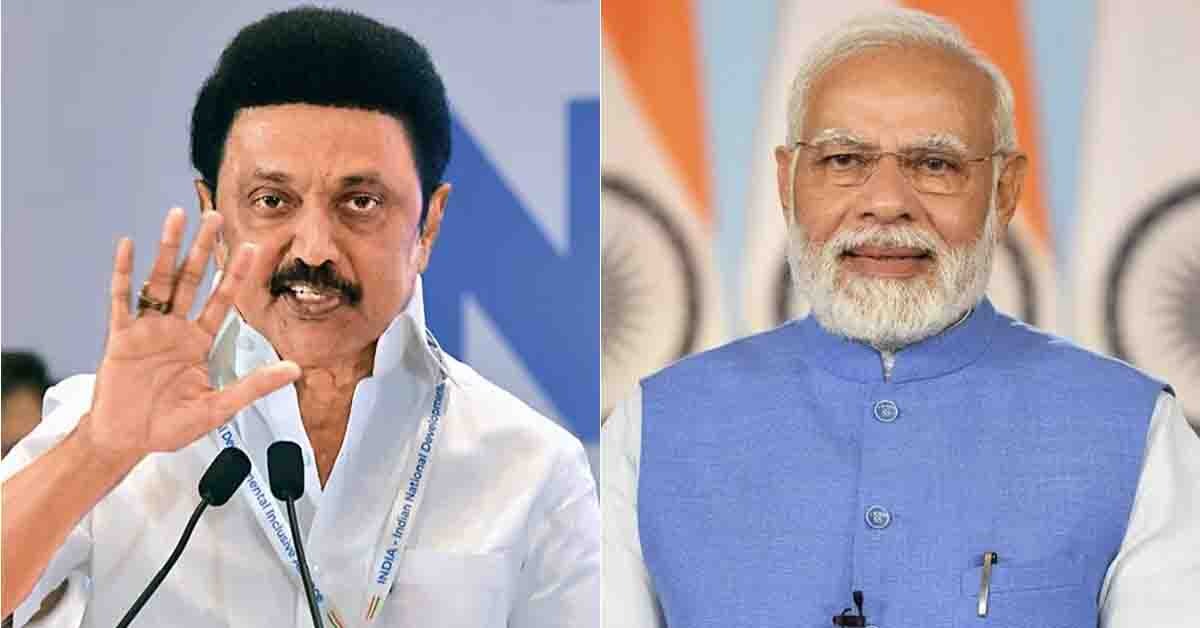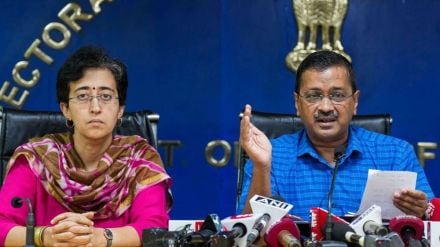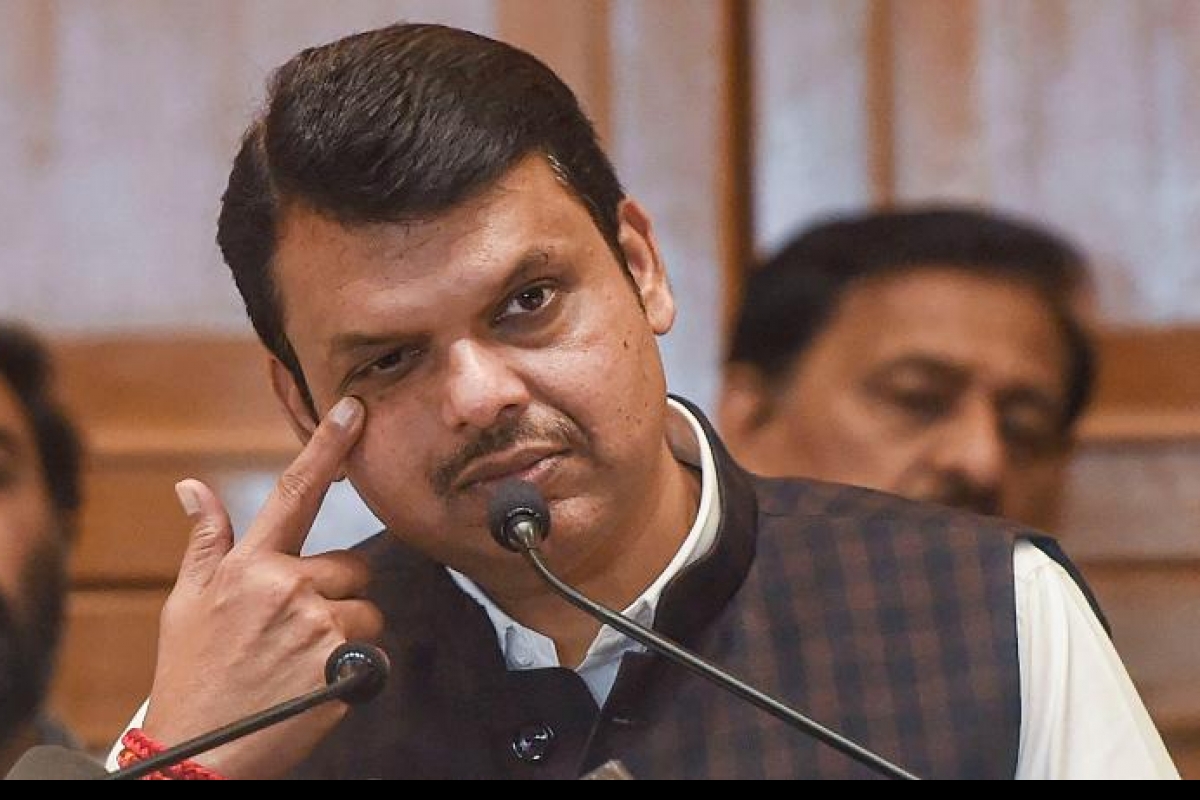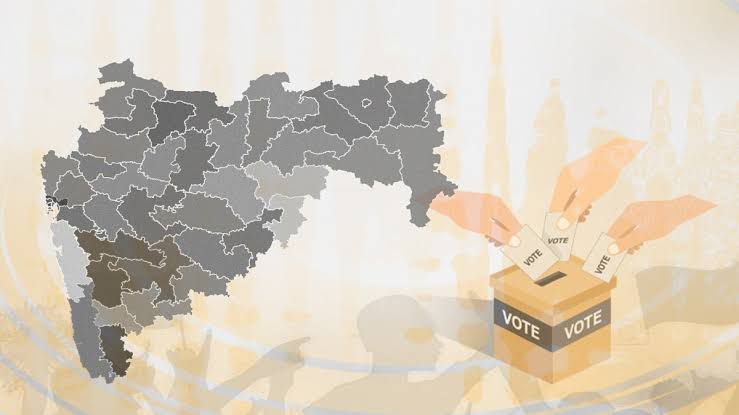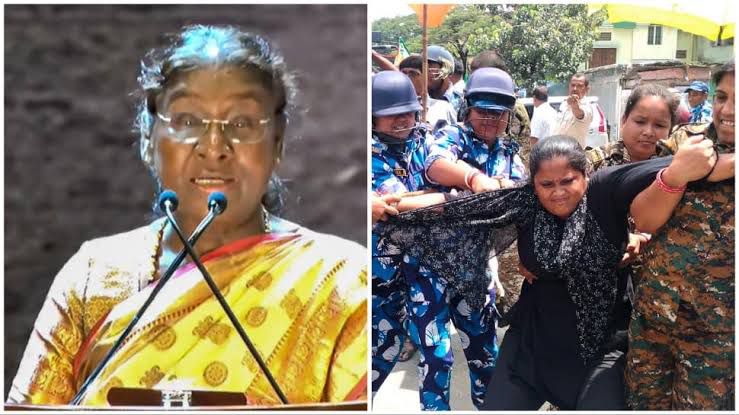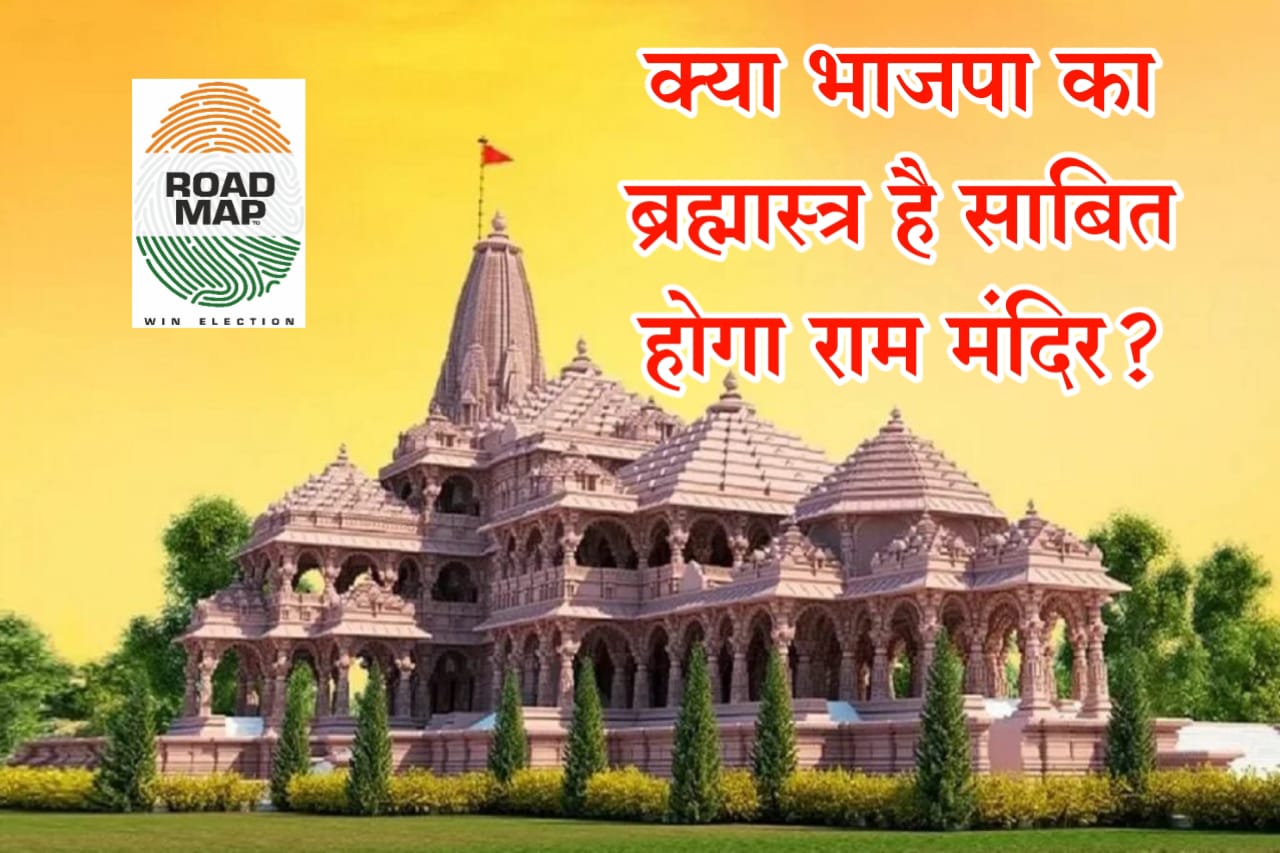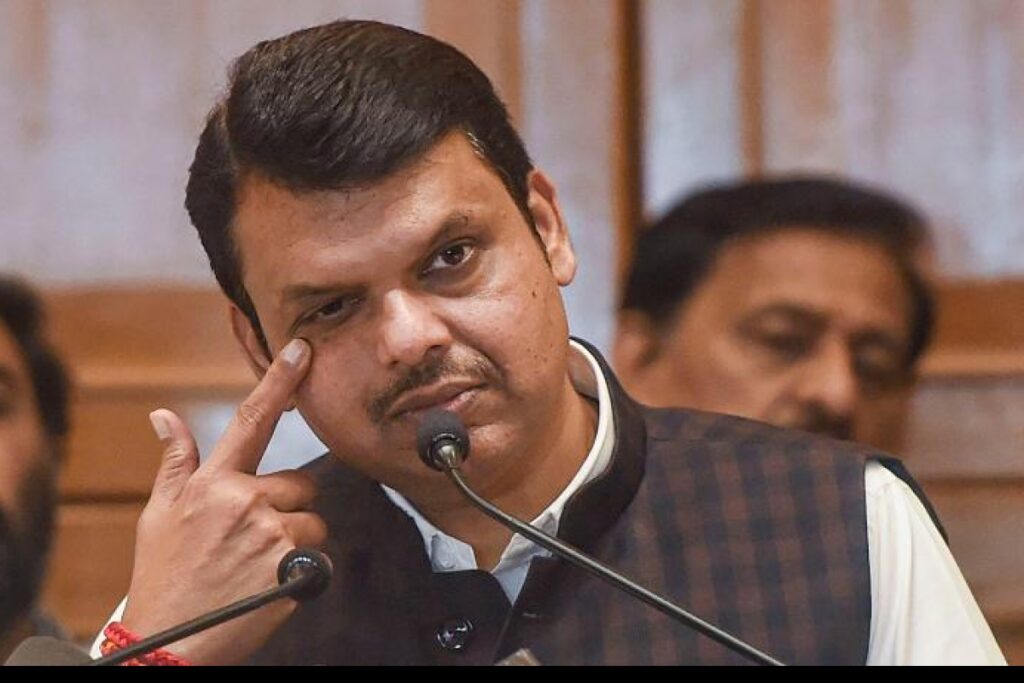Politics As Maharashtra braces for its upcoming Assembly elections, all eyes are on Devendra Fadnavis, the Bharatiya Janata Party’s (BJP) most recognized and influential figure in the state. With a robust political pedigree, youthful energy, and a reputation for effective governance, Fadnavis is undeniably a linchpin in the BJP’s strategy. However, the shadows of recent electoral failures loom large, presenting a complex and precarious landscape for the party as it deliberates his future. Fadnavis’s political journey has been marked by significant achievements, notably during his tenure as Chief Minister from 2014 to 2019. His supporters laud him for his developmental initiatives and decisive leadership. Yet, the BJP’s dwindling fortunes in the state—culminating in a disastrous performance in the 2019 Assembly elections and a stark decline in the recent Lok Sabha polls—have raised serious questions about his leadership.
The party’s seat count in Maharashtra fell dramatically, from 23 in 2019 to just nine, leading to a chorus of criticism directed at Fadnavis for failing to secure a majority. In the wake of these setbacks, a palpable tension has emerged within the BJP. One faction, closely aligned with the Rashtriya Swayamsevak Sangh (RSS), advocates for Fadnavis to be elevated to a central role, potentially as party president. This group argues that his capabilities could be better utilized at the national level, especially as the party prepares for broader electoral challenges. They envision a future where Fadnavis could wield greater influence, drawing on his popularity and experience to galvanize support across India.
Conversely, another faction within the party believes that removing Fadnavis from Maharashtra would be a strategic blunder, especially given his acceptance among voters in the state. They caution against sending a signal of instability at a time when the BJP desperately needs to project strength and unity. With the Mahayuti alliance—comprising various factions of the Shiv Sena and NCP—becoming increasingly unwieldy, many argue that Fadnavis’s presence is vital to maintaining cohesion and rallying the party’s base. The complexities of the political landscape are further exacerbated by Fadnavis’s relationship with the Maratha community. As a Brahmin leader, he has faced backlash over his handling of sensitive issues, such as the Maratha reservation protests. The police firing on demonstrators during these protests has left a lasting impact, with many in the community feeling betrayed by the BJP’s policies. His critics argue that promoting him to a national position could exacerbate these tensions and further alienate Maratha voters, who are crucial for the BJP’s success in Maharashtra.
At the same time, the RSS has been advocating for a shift towards collective leadership within the state unit, indicating a reluctance to place the weight of the upcoming elections solely on Fadnavis’s shoulders. This call for collective leadership reflects broader concerns about Fadnavis’s ability to unify the party and respond effectively to emerging challenges. Should the BJP decide to move Fadnavis to a central role, the question of his successor in Maharashtra becomes urgent. Finding a leader who commands the same level of respect and recognition across the state is no small task. Many potential candidates lack Fadnavis’s statewide appeal, which could leave the party vulnerable during the elections. There are discussions about figures like Vinod Tawde, a prominent OBC leader who has faced his own challenges within the party, but none carry the same gravitas as Fadnavis. Supporters of Fadnavis defend him, pointing out that the recent electoral losses should not rest solely on his shoulders.
They argue that the poor performance of the Shinde-led Shiv Sena and Ajit Pawar’s NCP in the Lok Sabha elections reflects broader issues within the coalition rather than individual failures. Yet, this argument may do little to shield him from the mounting pressure to deliver results in the Assembly elections. As Fadnavis embarks on his campaign, he has adopted the persona of “Aadhunik Abhimanyu,” a modern warrior navigating the complexities of political warfare. This narrative reflects his struggle against both external adversaries and internal dissent. Portraying himself as a determined leader facing overwhelming odds, he seeks to connect with voters by evoking a sense of resilience and determination. However, the imagery of Abhimanyu, a character who enters battle but becomes ensnared in a formidable enemy formation, also serves as a poignant metaphor for his current predicament—surrounded by challenges, with the potential for political isolation looming large.
In the coming weeks, the BJP must make critical decisions regarding Fadnavis’s future. These choices will not only determine his political fate but also shape the party’s trajectory in Maharashtra. The stakes are high, and the challenges are formidable. As the party grapples with internal divisions and external pressures, the question remains: can Devendra Fadnavis navigate this turbulent landscape to reclaim his position and power, or will he become yet another casualty of the relentless tide of politics in Maharashtra? The answers will unfold as the elections draw nearer, with the implications resonating far beyond the state’s borders.
Sunil Mishra
Poll Consultant

